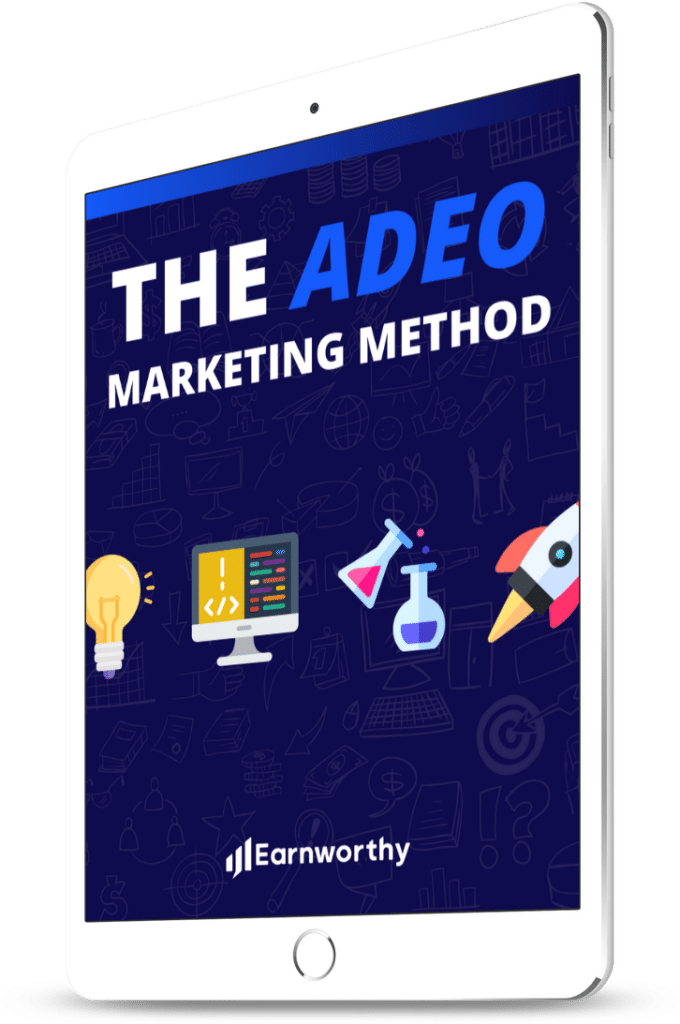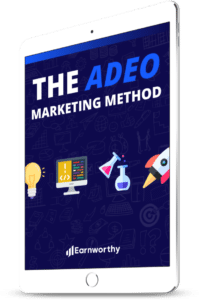
Most entrepreneurs swear by coffee when it comes to increasing their productivity. In fact, people throughout the world believe that they would be less productive without the nutty dark roast aromas to wake them up in the morning.
For example, Jeff Bezos, founder and CEO of Amazon.com said, “In Seattle you haven’t had enough coffee until you can thread a sewing machine while it is running,” which highlights the coffee culture promoted throughout the locations he has worked in the North West.
And while he might be a bit biased, (he is the chair and CEO of Starbucks after all), Howard Schultz understands the power a simple cup of coffee has when he said, “I was taken by the power that savoring a simple cup of coffee can have to connect people and create community.”
Even though most people who enjoy coffee every morning and afternoon enjoy the taste of this aromatic warm beverage, we still have to understand that it only functions as a caffeine delivery system for a tired brain. And coffee consumption is on the rise! Now, approximately 83% of the U.S. adult population drinks coffee. Throughout the United States, the average person drinks around two cups daily. This is about 200 milligrams of caffeine!
Is there any science behind the claim that coffee, or just caffeine for that matter, makes us better workers? That it makes us more creative and productive? And what exactly happens to our brain when we ingest caffeine?
What does caffeine do?
Without going into too much detail, it is important to understand how caffeine works – how does it provide us with that extra boost of energy? The reason that caffeine works is by blocking the adenosine receptors. Adenosine is a chemical compound in our brains that makes us feel sleepy and lethargic. Essentially, it is like putting a block of wood underneath the brake pedals. You are stopping yourself from winding down.
How does it help us in business?
Of course, we are not all the same. This explains why there is a large discrepancy in how caffeine affects each individual. This may depend on tolerance to caffeine, genetics, and many other factors. There have been studies that show that when taken at relatively low doses (between 100 and 250 mg), caffeine can improve mental performance and alertness, especially in those people that are already tired.
Another benefit for entrepreneurs is the fact that coffee can make people more supportive of each other in social situations. Especially when you have people work together in relatively cramped spaces, social support can be exceedingly difficult to achieve. If people are at odds with each other or just not getting along, chances are that they become less productive.
Finally, another study showed that it might be possible to reduce the risk of workplace accidents because of higher caffeine consumption. This is in part because of its cognitive enhancing properties. People are more focused on things around them. The split second of distraction is nowhere near as prevalent.
Too much of a good thing
As with anything, it is possible for people to have too much of a good thing with coffee too. In fact, an Institute of Medicine report from 2001 showed that if people consume six or more cups of coffee daily (600 mg of caffeine) it may lead to negative cognitive effects. This is colloquially known as “the jitters.”
Some people are so sensitive to taking caffeine that it does not give them the alertness that most people crave. Instead, they have issues with irritability and nervousness after drinking only a single cup of coffee. It is also likely to harm the productivity of people who already struggle with anxiety. The alertness provided by the caffeine may make them even more anxious.
At the same time, some researchers are becoming increasingly worried that caffeine intake is starting to replace actual sleep. Especially if people are constantly ingesting more caffeine throughout the day, they are going to struggle to sleep at night and might enjoy lesser quality sleep. As a result, they will reach for coffee or other caffeinated beverages when they wake up, thus continuing a cycle in which they do not receive enough quality sleep and are constant using caffeine to stay alert.
At the same time, researchers are becoming increasingly worried that young adults are ingesting far greater amounts of caffeine than necessary or healthy. Especially energy drinks, which have become increasingly popular, are filled with caffeine and may lead to long-term restless nights. This is one of the reasons that health professionals recommend “withdrawing” from caffeine several times throughout the year to increase its effectiveness.
Caffeine and productivity – a perfect match?
There is no denying that caffeine has become intertwined with productivity and our professional lives as a whole. Whether it is the “coffee break,” which has become a social gathering where people are able to share ideas with one another or whether it be the ability to help improve short-term memory when people are tired at the end of the day.
There is actual evidence that caffeine can help increase our productivity, but just as with specific designs throughout the years – less can be more.
Question: How much caffeine do you consume on a daily basis? Add a comment below or let’s chat on Twitter!





